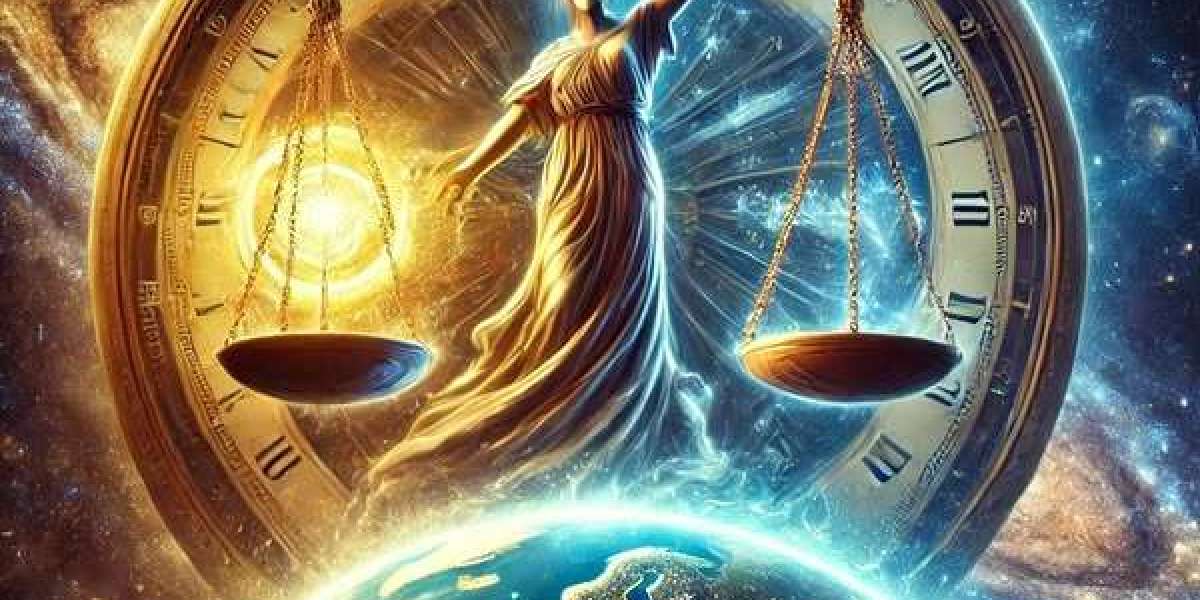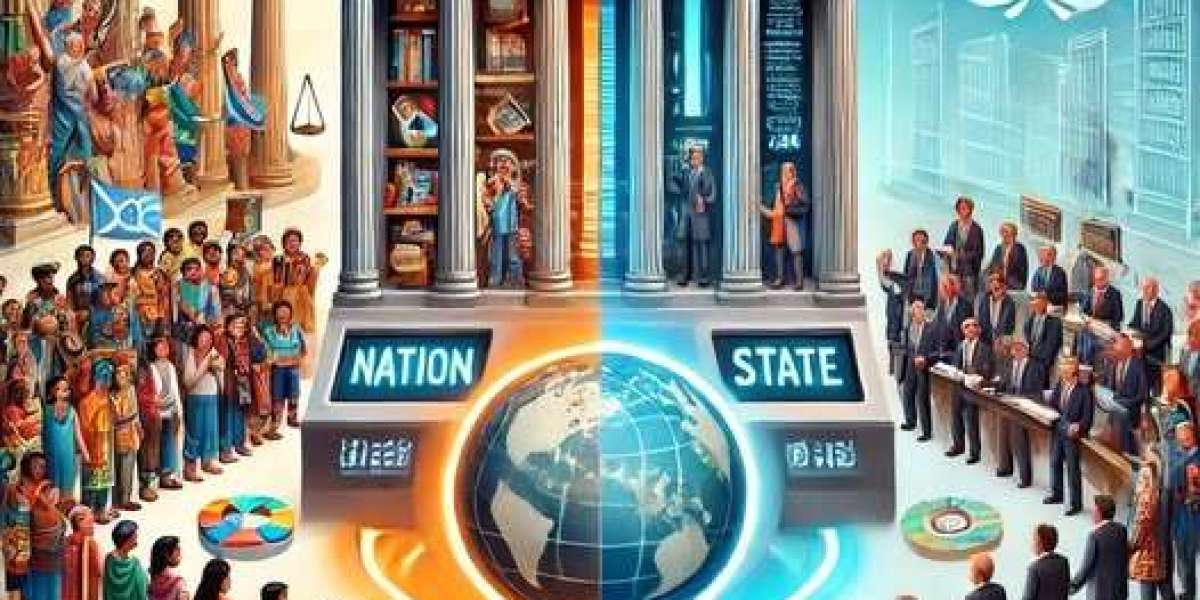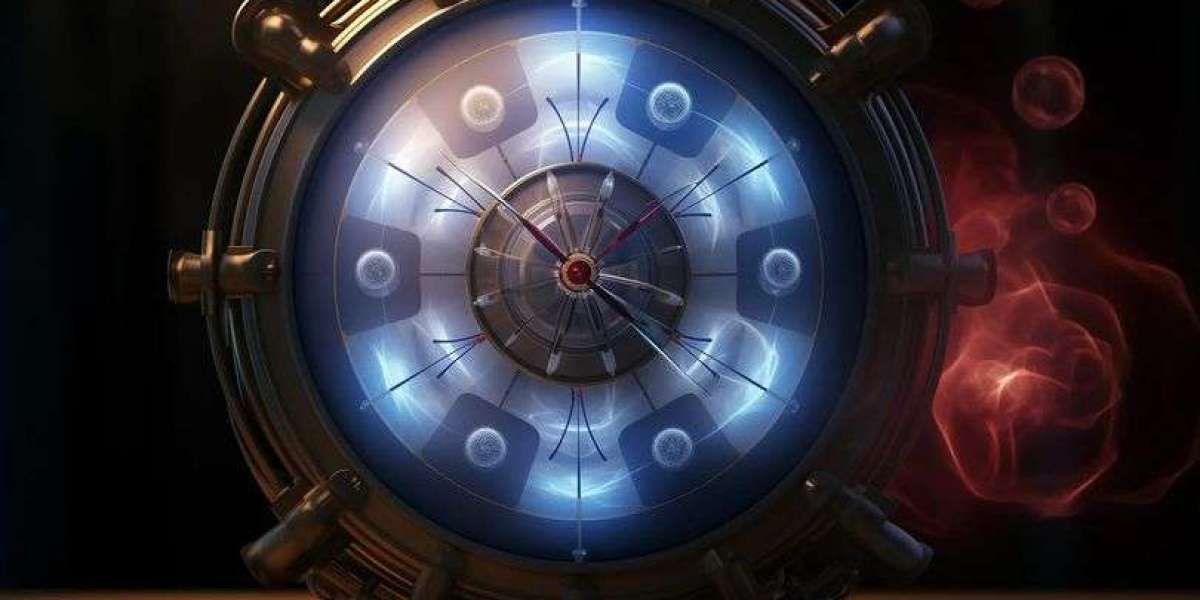Preamble :
The Hour of Discernment.
Humanity stands at the threshold of a conceptual revolution: that of temporal governance. With Natiometry, the science of collective time, a new horizon emerges—one where nations are no longer subject to the randomness of history but can anticipate and harmonize their future.
However, a fundamental question arises: who will bear the responsibility for this extraordinary tool? If the mastery of time becomes a scientific and political reality, it must be framed by unwavering ethical principles. Otherwise, a new form of hegemony could emerge—one where a technocratic elite seizes the temporal sovereignty of nations.
If time becomes a governable resource, then its administration must be transparent, equitable, and in service of the common good.
The great clock of nations must not be manipulated by a select few but harmonized for all.
I. Time : The Final Frontier of Power.
Since the dawn of history, the domination of one group over another has always relied on control over an essential resource: land, economy, energy, or information.
Today, a new power is taking shape: the control of time.
If a nation, group, or elite were to monopolize knowledge of temporal cycles, they could shape history to their advantage, foresee crises, trigger strategic opportunities, and always remain ahead of the rest of the world.
The danger is immense. An invisible caste could become the architect of our collective destiny.
We have already witnessed the excesses of financial capitalism, where ultra-fast algorithms allow economic elites to accelerate their wealth while the rest of the world remains trapped in an opaque system.
What would happen if a temporal elite emerged, capable of predicting the future with unprecedented precision?
It is therefore imperative to build a safeguard against this temptation.
We must immediately design a universal charter ensuring that Natiometry serves humanity rather than an oligarchy.
II. A Science of Time Serving Nations, Not Private Interests.
If Natiometry is the science of collective becoming, then it must be conceived as an inalienable common good.
Its use must not be privatized.
It is essential to define clear, fair, and democratic governance rules to ensure that this tool for historical navigation does not become an instrument of geopolitical manipulation.
Several principles must be enshrined in a Universal Charter of Temporal Governance:
- Equitable Access to Temporal Data – No nation should be deprived of the knowledge of the cycles that influence its destiny. The Natiometer must function under transparent and open governance.
- Prohibition of Temporal Manipulation – Any attempt to exploit Natiometry for hegemonic or predatory purposes must be strictly forbidden and sanctioned.
- A Council of the Wise of Time – An international body composed of scientists, philosophers, historians, and representatives from all civilizations must guarantee the ethical application of this science.
- Sovereignty of Peoples Over Their Own Time – No external force should impose a reading of time upon a nation. Each people must remain master of its own historical rhythm.
- Permanent Ethical Oversight – Natiometry must be accompanied by an ethics oversight committee, ensuring that its applications respect fundamental principles of justice and equity.
These five principles would form the foundation of a new civilizational contract, where time would no longer be a tool of domination, but a shared resource mastered collectively.
III. The Danger of Temporal Technocracy.
Throughout history, we have seen scientific discoveries frequently hijacked by special interest groups.
- Nuclear energy, initially perceived as a revolutionary power source, became a weapon of mass destruction.
- Artificial intelligence, intended to liberate humanity from alienating tasks, risks being used for unprecedented control.
The same would happen to temporal governance if it fell into the hands of an elite.
Imagine a world where a handful of decision-makers monopolize knowledge of civilizational cycles, where some governments enjoy privileged access to temporal forecasts, and where corporations predict crises before nation-states themselves.
That world would be a nightmare.
We must therefore sanctify Natiometry, grant it absolute neutrality, and ensure its administration falls under the aegis of an impartial supranational body.
IV. A Governance Inspired by the Cosmic Clock.
The model of Natiometric governance must not be inspired by current political systems, which are often distorted by power struggles and vested interests.
Instead, it must draw inspiration from the laws of the cosmos itself.
In the universe, each planet, each star follows a harmonious trajectory. Astronomical cycles operate with absolute precision, yet they are not subject to external authority—they are governed by natural equilibrium.
Similarly, the temporal governance of nations should not be imposed by an arbitrary hierarchy, but should reflect the spontaneous balance of historical cycles.
We must imagine a model where each nation finds its own frequency, in harmony with the whole.
This is how Natiometry will become not a tool of control, but a compass of emancipation.
Conclusion :
The Call for Shared Temporal Sovereignty.
The future is an uncharted territory.
What we make of it depends on the choices we make today.
If we want to prevent the rise of a temporal elite capable of hijacking the destiny of nations, we must establish a universal charter, ensuring that time remains a common good, not a tool of power.
We call upon all nations to unite around a Temporal Oath—a pact where every people commits to using the science of time for the benefit of all humanity.
Time must belong to no one. Time must belong to all.
This is how a sovereign, enlightened humanity, master of its own destiny, will be born.
The time has come to write this pact. The time has come to protect the last frontier of power.
Time is in our hands.









